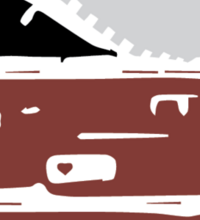
Understanding and Shaping Urban Mobility Using Dollars and Data I
Calvin Lab Auditorium
The world consists of many things that move: People go to work, home, school, to shopping and entertainment centers every day, using public transit systems, cars and taxis. Goods move on roads, over water or by air; and food travels a long distance to meet its consumer. Thus, massive movement processes are underway in the world every day and it is critical to ensure their safe, timely and efficient operation. Towards this end, low-cost sensing and acquisition of the movement data is being achieved: from GPS devices, RFID and barcode scanners, to smart commuter cards and smartphones, snapshots of the movement process are becoming available.
In this two-part presentation I will describe two tools for understanding and shaping urban mobility: (i) a big data system for stitching together movement snapshots and reconstructing urban mobility at a very fine-grained level, and (ii) “nudge engines”. The system provides an interactive dashboard and a querying engine for answering questions such as: What is the crowding at a train station? Where are packages held up and how can their delivery be sped up? Do New York Knicks fans tip taxi rides more when their team wins than when it loses? I will then describe how movement processes can be shaped using “nudge engines”, engines which incentivize commuters to shift their travel patterns using monetary incentives and personalized offers. Nudge Engines have been deployed world-wide: to incentivize commuters at Infosys—Bangalore, Stanford University (in a DoT-funded project), Singapore Metro, and BART (Bay Area Rapid Transit); they have also been used to incentivize employees of Accenture-USA to undertake more physical activity. I will describe the components of a nudge engine (notably lottery-like payoffs and personalized offers) as well as a mathematical model for analyzing their performance.
The first session of this mini course will take place on Tuesday, January 23 from 9:30 to 10:30 a.m.; the second session of this mini course will take place on Tuesday, January 23 from 11:00 a.m. to 12:00 p.m.


